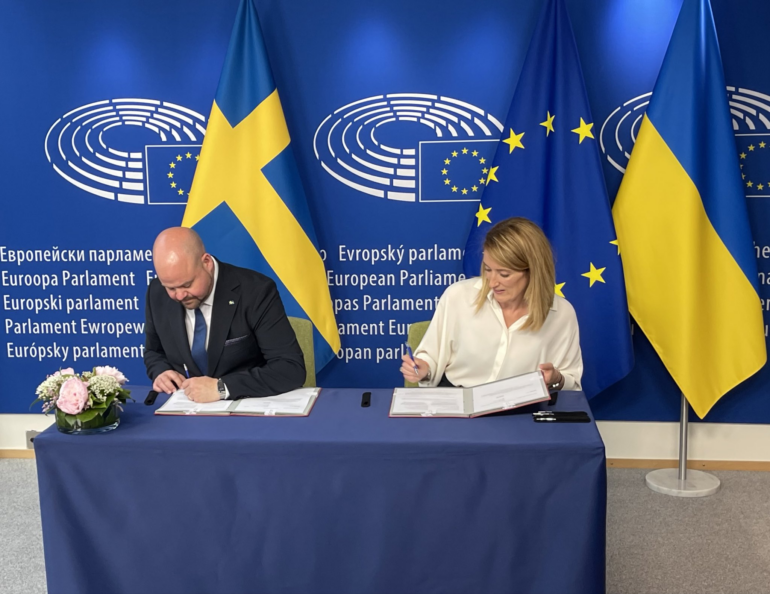Summary:
- European Union lawmakers officially signed the bloc’s Markets in Crypto Assets (MiCA) bill meant to standardize digital asset businesses across 27 member nations.
- The bill is accompanied by new anti-money laundering rules that require exchanges and crypto providers to verify users’ identities.
- The EU is another step closer to implementing crypto standards and rules roughly three years after the bill was introduced, making the bloc the first major jurisdiction to provide clear rules for the nascent industry.
The Markets in Crypto Assets (MiCA) bill developed to create standard rules for crypto businesses operating in EU states was officially signed on Wednesday, May 31, and marks a watershed moment for the broader crypto industry.
MiCA’s policies which introduce a licensing framework are accompanied by new anti-money laundering rules that require exchanges and crypto providers to verify users’ identities. The bill was first proposed in 2020, surviving endless parliamentary debates and revisions.
Controversy threatened to tarnish the bloc’s crypto rules when lawmakers mulled what was essentially a ban on Proof-of-Work blockchains like Bitcoin due to environmental concerns. Policymakers ultimately binned the idea, giving room for Bitcoin and other PoW-powered assets in European markets.
Nearly three years after its debut, MiCA is now officially into law by the European Parliament President Roberta Metsola and Sweden’s Rural Affairs Minister Peter Kullgren.
What Next For MiCA?
MiCA will be published in the EU’s Official Journal now that officials have signed. It will take weeks after this publication for MiCA to be recognized and impact the bloc’s regulatory landscape. However, the rules will not take full effect till 12-18 months after appearing in the Official Journal. This will give policymakers and crypto business time to adjust to the new status quo.
The bill requires trading venues and wallet providers to secure a license before offering their services to EU users. Stablecoin issuers like Tether and Circle must also hold sufficient reserves if they wish to operate in any of the bloc’s 27-member states.

